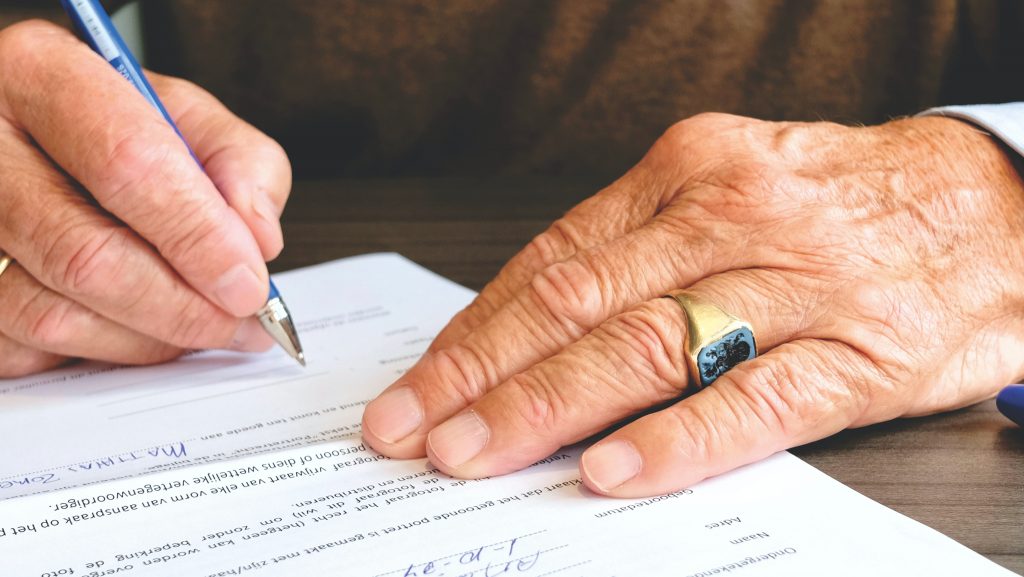A witness is a person who, in a civil or criminal court case, answers question under oath. This takes place either during a deposition or a trial. A witness statements during this process is called a testimony. It is also a type of evidence that a judge or jury can use to come to a final decision on their verdict.
There are several types of witnesses, but today we will be focusing on the expert witness, and the kind of testimony they can provide.

What is an Expert Witness?
Sometimes referred to as an opinion witness, an expert witness is a person with a specialized skill set or sets. They can help a jury understand certain types of factual evidence in a case, that a layman may not have the necessary skills to understand or digest. They can help them make sense of the available data, and therefore, help them come to a decision.
Expert witnesses testify by giving their opinion on certain events, evidence or facts. Essentially they rely on their expert knowledge, skills and technical experience to provide an opinion on the case. This is usually the case since they don’t often have firsthand experience with the case, as they’re brought in to interpret factual evidence.
How Admissable is an Expert Witness Testimony?
For an expert witness’ testimony to be admissible in court, they are required to meet and conform to certain standards and practices. Namely the Federal Rule of Evidence 702.
An expert witness opinion is only admissible if they are qualified as an expert. This can be by either knowledge, experience, skill, education or training. Besides meeting these standards, there are four more requirements:
- Even if their opinions are admissible, their testimony must include enough facts or data.
- The methodology and principles of the testimony must be reliable and sound of logic.
- The expert must apply said methods and principles to their testimony and the facts.
- Their knowledge must help the trier understand the facts and evidence.

There is another important distinction between an expert witness and a lay witness. An expert witness does not need firsthand knowledge of the case. Whereas a lay witness does. Their testimony is instead reliant on application of their reliable methodologies and principles to relevant evidence.
Additionally, lawyers must meet disclosure requirements far more stringent than those required of lay witnesses. Experts must submit an export report if they choose to testify. At times, even non-testifying experts need to submit a report.
All in all, an expert witness testimony may contain comprehensive opinions. These can help a judge or jury understand, or make sense of, evidence. This can include, but is not limited to, cross-examining testimony of fact witnesses.
If you find yourself in need of our services please don’t hesitate to get in touch. Call us or click on this link to get in touch with our team members.










